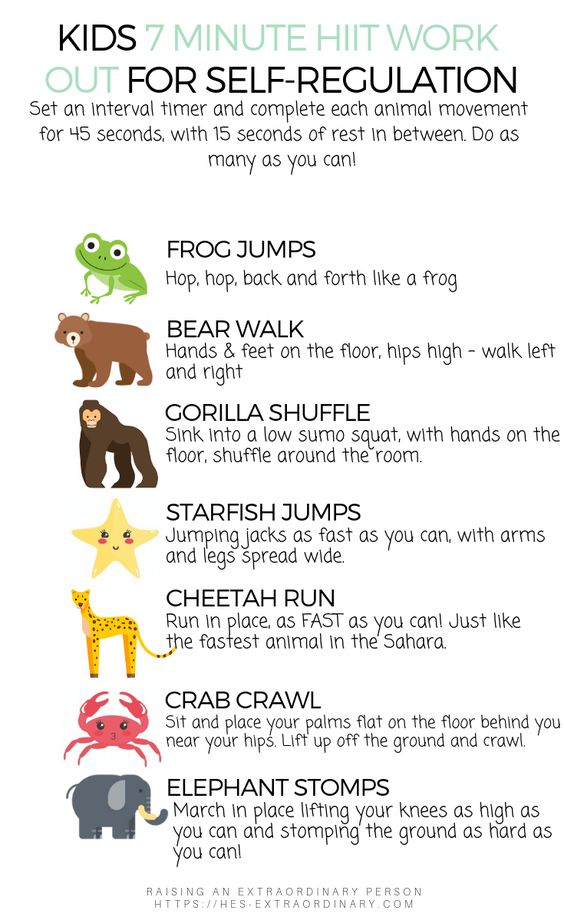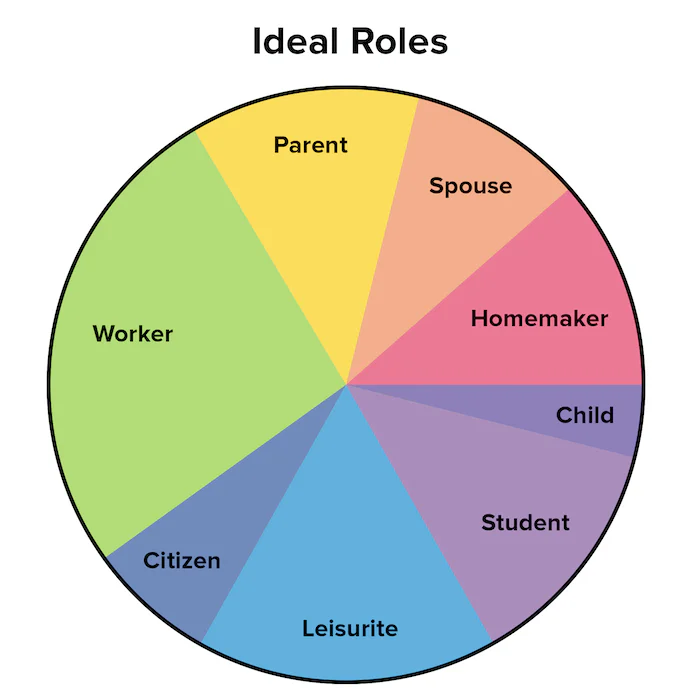Weekly Intervention Ideas: September 21st Edition
Theme: Finding Balance
Theme: Finding Balance
Brain Breaks: As kids are adjusting to school, their bodies and brains are also adjusting to more sitting and screen time than they were used to over the summer. Practice these movement activities below with your client during therapy, and encourage them to save the image to use when they feel “stuck” or “wiggly” during the school day. Alternately, encourage caregivers to practice these movement activities with their child during online learning or homework time to help their child reset and find balance. These can be used a certain times during the day, every day, or as needed when the caregiver notices that the child is struggling to pay attention, stay emotionally regulated, or concentrate.
Source: https://Hes-Extraordinary.com
https://i.pinimg.com/564x/ce/
Sample progress note: The focus of this session was… The therapist helped the child (or child and caregiver) to learn several movement activities to help the child improve their concentration, regulate their nervous system and increase emotional regulation as Ct adjusts to their school schedule. Ct was (engaged/not engaged) with this intervention.

A Theory of Love: According to Dr. Robert Sternberg, love has three important components: Intimacy (feelings of closeness), passion (intense romantic and sexual attraction), and commitment (the decision to remain together). The balance of each of these components can determine the type of love you feel within your relationship (see below). Take a moment to reflect on the balance of your own relationship. Which components are strong? Which would you like to strengthen?
Sample Progress Note: The focus of this session was… The therapist helped the couple explore how different components of love (i.e., intimacy, commitment, passion) are balanced in their relationship. The couple (was able to/struggled to) identify how the components of love are represented in their relationship, and they reported that they felt (hopeful/worried/sad) while discussing this topic.
Balancing Roles: For a lot of people, it can be challenging to find balance between all the different roles they fill within their lives: a worker, a parent, a spouse, a child, a homemaker, a student, a citizen, and a leisurite. To start finding balance, it can be helpful to take inventory of how much time we’re spending in each role currently, as well as ideally how much time we would like to spend in each role. To do this, first create a pie chart that shows how your roles are currently balanced in your life. Next, create another pie chart that shows how you could ideally balance your life. Finally, you can begin to explore ways to get closer to your ideal balance.

Photo credit: https://www.mindtools.com/
Sample Progress Note: The focus of this session was… The therapist helped client explore the different roles they have in their life, their emotions related to these roles, and ways they can balance these roles in the future. Client (was able to/struggled to) identify and express their emotions related to their roles, explore their ideal roles, and begin to explore ways to balance these roles.
Creating Balance Meditation
http://meditatetoday.org/2013/
Sample progress note: The focus of this session was… The therapist led a meditation activity (i.e., Creating Balance Meditation). Ct. (engaged/did not engage in the activity), and they reported that the activity was (helpful/difficult/not helpful).
Find a comfortable place to sit where your body is completely supported, you can even lay down for this meditation.
Close your eyes and just allow your thoughts to gently come in and out of your mind.
Once your mind has settled down a bit, ask yourself, how I can be more balanced?
Take note each time you ask this question and what thoughts come into your mind first.
Then observe these thoughts without judgment and then allow them to drift away, relax your mind and body by noticing your breath coming in and flowing out.
Once you are satisfied with the information you have received on how your life could be more balanced, quiet your mind again.
Bring your attention to the need for more balance. You are going to bring the energy of balance into your spirit. This will help your subconscious mind to awaken when you are acting in an unbalanced way.
Imagine yourself balancing on a tree branch high up in the air, see yourself balancing there with your arms outstretched, feel a slight breeze, hear the leaves of the tree flutter and dance around you. Smell the fresh air.
Feel your feet firmly grounded to the tree branch, once you feel this grounding imagine you are lifting one of your legs up into the air behind you, you are balancing on one leg and your arms are still stretched out on the sides of your body as if you are flying. Feel how centered, grounded and strong that leg is.
Feel how balanced you are.
You can still feel the winds slightly blowing all around you and you feel completely connected to this tree branch like you are a part of this tree and your balance to be completely still.
Once you are done bring your leg back down to the tree branch allow your arms to come back down to your sides.
Imagine bringing your hands to heart center and feeling the energy of balance running through your whole body from your firmly grounded feet on the tree branch to the top of your head.
Now imagine climbing down from the tree.
Then gently come back into your mind and body, by taking note of your breath, feel your breath coming in and out again.
Our wellness experts will be happy to take care of you. You can CLICK HERE to schedule an appointment now or call (612)223-8898.
We’re united by our commitment to providing effective, relevant, and innovative mental health support at all stages of your journey. Click Here to find out more about who we are, where we come from, and how we live out CARE’s mission every day.
The professionals at CARE are actively collecting and creating resources to help with what you need. We’re Here for You.